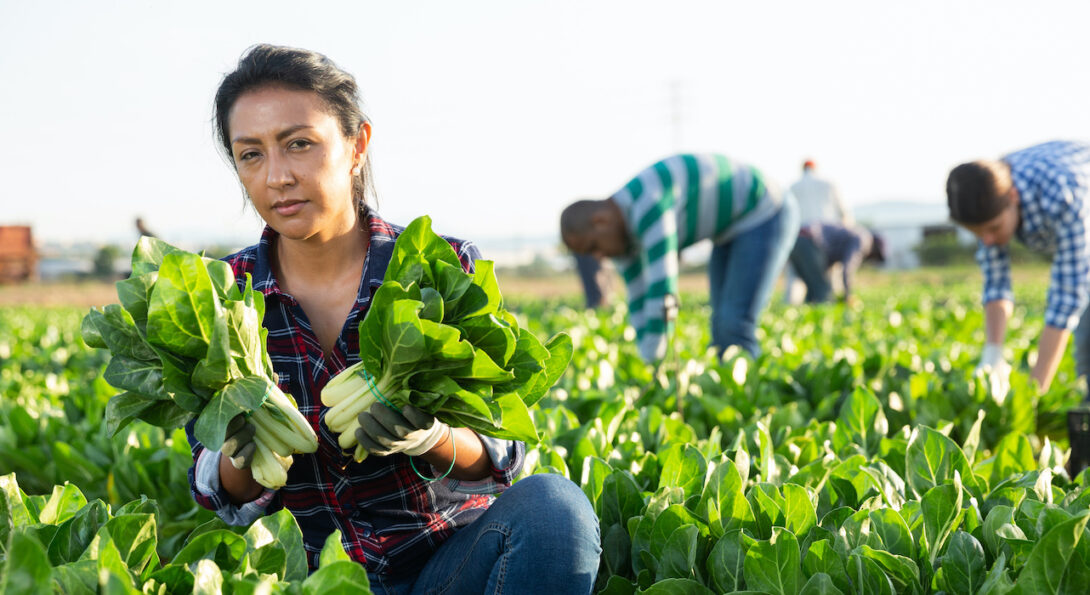Director featured in podcast, draws attention to Total Worker Health of migrant and seasonal farmworkers

Director featured in podcast, draws attention to Total Worker Health of migrant and seasonal farmworkers Heading link
Work is a major social determinant of health. What happens at work impacts not only an individual worker, but also their family and broader community. That is the foundation of the Center for Disease Control and Prevention’s Total Worker Health approach which seeks to holistically improve workplace safety and health in order to advance the long-term wellbeing of workers and the community at large.
To bring attention to the factors influencing the health of migrant and seasonal farmworkers, the National Center for Farmworker Health invited Dr. Linda Forst of the University of Illinois Chicago School of Public Health to discuss farmworker health. The National Center for Farmworker Health is a leading national organization with a mission to improve the health of farmworker families.
“The main thing about agricultural work in general is that the people who are actually picking the crops are making very low wages… In a lot of agricultural operations, people are paid by the piece, not by the hour. They don’t have paid sick leave and they have a lot of forced overtime, which they willingly take on because it allows them to earn closer to a living wage.”
Listen to the full podcast episode here to learn more about factors shaping farmworker health and some workplace interventions to improve their immediate health. Speakers include:
- David Singh, West Coast Tomato Growers (CA)
- Susan Quale, Sierra Cascade Nursery (CA)
- Marcela Covarubias, Stemilt Growers (WA)
- Michael Marsh, National Council of Agricultural Employers
- Linda Forst M.D., Great Lakes Center for Farmworker Health and Wellbeing, University of Illinois at Chicago